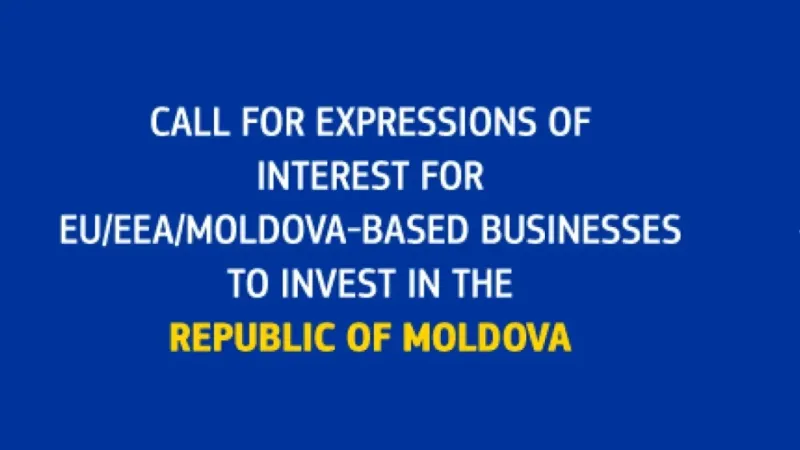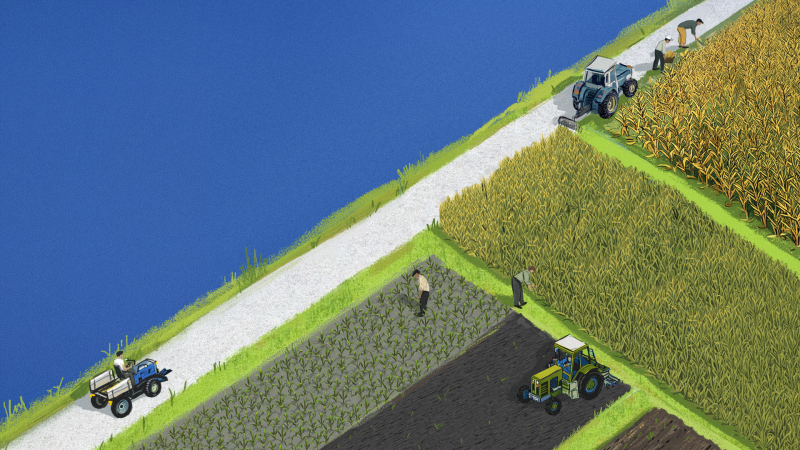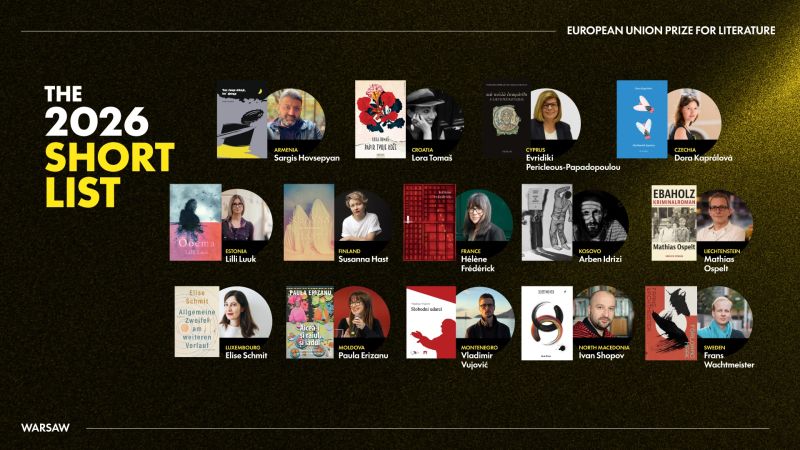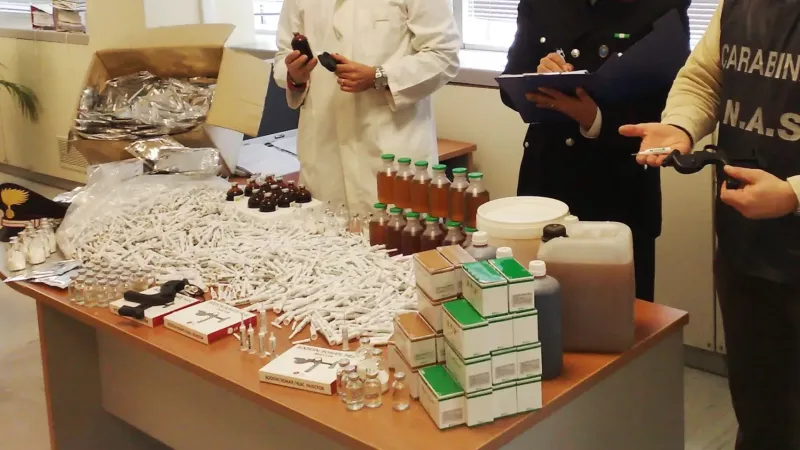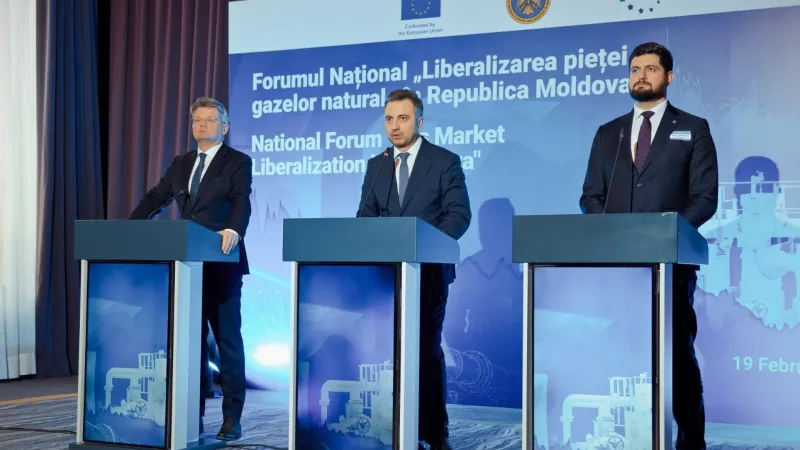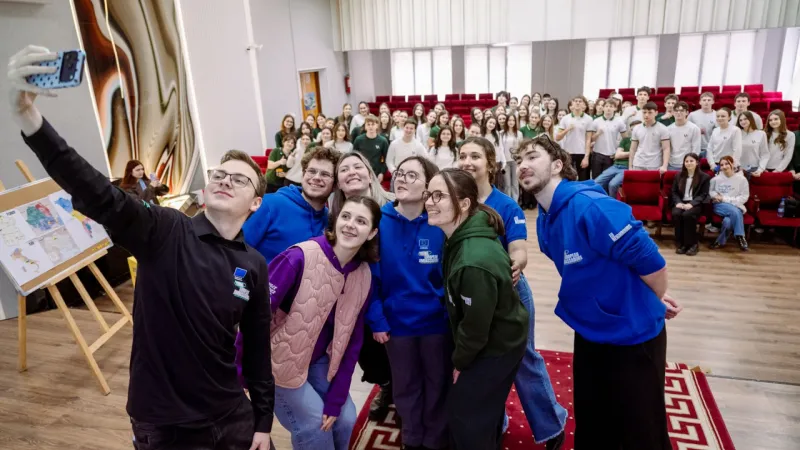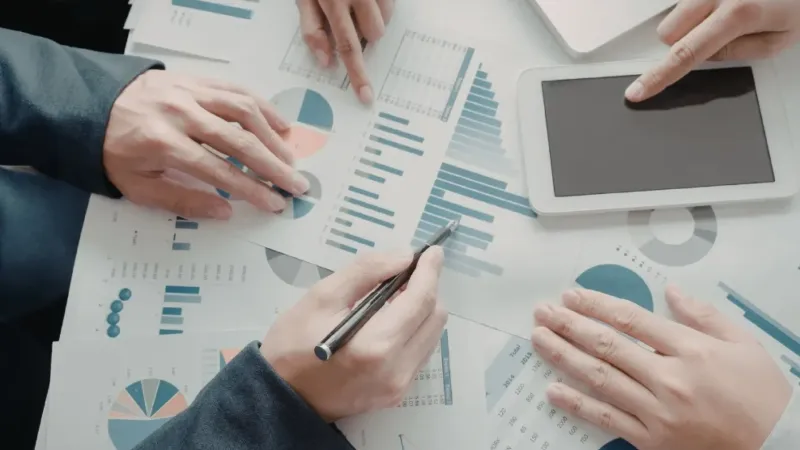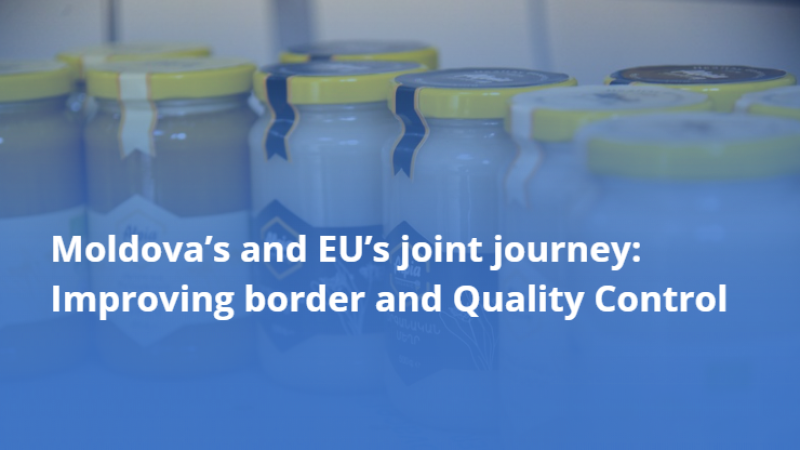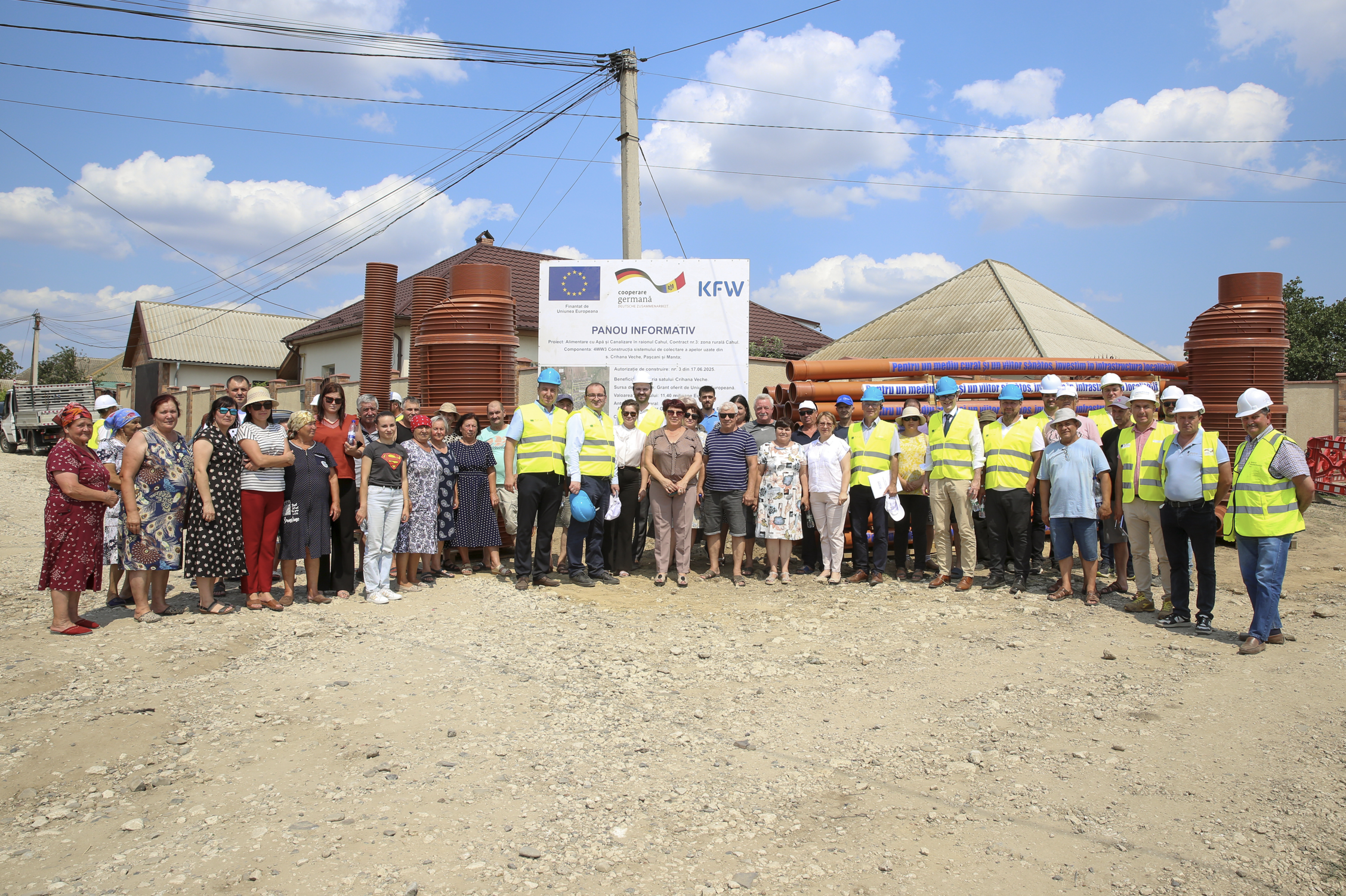
Construction works for water supply and sewerage launched in Cahul
On July 28, in the presence of representatives from the Ministry of Infrastructure and Regional Development, the Delegation of the European Union, and the Embassy of Germany, construction works were officially launched for the rehabilitation and expansion of water supply and sewerage networks in Cahul municipality and the villages of Cotihana and Crihana Veche.
The project envisions the construction of approximately 85 km of water and sewerage networks, which will enable the connection of around 2,000 households to modern services. Additionally, investments are planned in auxiliary infrastructure, including 5 pumping stations, 2 water reservoirs, the digitalization of services through the installation of 8,000 smart meters with remote transmission, and the modernization of the billing system of the regional operator SA Apă-Canal Cahul.
The total contract value exceeds 11.4 million euros.
This investment marks a significant step toward providing sustainable, efficient, and high-quality services for residents of Cahul district.
The works are part of a broader water supply and sewerage project in the Cahul district, funded through grants from the German Government and the European Union, representing one of the most important investments in the water sector in the Republic of Moldova. The project’s main objective is to improve the safety and access of the population in Cahul district to quality potable water and sewerage services. To achieve this, the project focuses on rehabilitating and extending the water supply and wastewater infrastructure.
The launch event was attended by representatives of development partners and of the Moldovan central and local authorities, including the Ministry of Infrastructure and Regional Development, the EU Delegation to Moldova, the German Embassy in Moldova, representatives of the German Development Bank KfW, and local government representatives from Cahul.
Nicolae Dandiș, Mayor of Cahul, stated: “Together with our partners from the European Union and with the strong support of Germany, we have started a project to modernize and improve the water and sewerage systems in Cahul and the nearby localities of Cotihana and Crihana Veche. This project is not just about infrastructure — it’s about improving the quality of life for every resident. Through new equipment and modern technologies, we aim to ensure better access to clean water and a safer, healthier environment for all. I want to highlight that the project is ongoing and progressing as planned.”
Corneliu Cirimpei, State Secretary at the Ministry of Infrastructure and Regional Development, added:
“This day is particularly important, as monitoring progress and delivering results is a crucial step toward improving the quality of life and stimulating economic activity in the Southern Region, while also protecting our water resources and ecosystems. We are grateful to the EU and the German Government for their considerable support in this vital sector. In recent years, Germany has become one of the key donors involved in modernizing Moldova’s water and sanitation sector.”
Adam Grodzicki, representative of the European Union in Moldova, said: “In partnership with Germany, the European Union is committed to ensuring access to clean water for the city of Cahul and the surrounding rural communities of Cotihana and Crihana Veche. Our joint efforts aim to improve citizens’ access to water and sanitation services, while also protecting the environment by reducing water pollution and preserving groundwater reserves in the region.”
Mr. Michael Pucher, Senior Engineer at KfW Development Bank, emphasized: “This project reflects the joint commitment of Germany and the European Union to improve the lives of Moldovan citizens through reliable access to water and sanitation. Germany, through KfW, is contributing over EUR 41.5 million to project components including urban and rural infrastructure, technical assistance, and capacity building. Combined with nearly EUR 13 million from the EU, this collaboration stands as one of the strongest examples of EU-Germany development partnership in Moldova. Projects like this are proof that European solidarity reaches beyond capitals to the countryside. Connecting households to the new system is key to achieving the project’s full impact. We urge all residents to take this important step — for their health, well-being, and dignity.”
